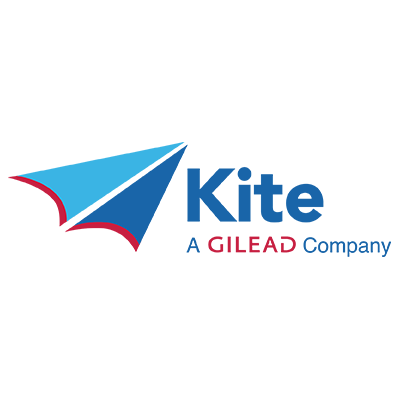SANTA MONICA, Calif.– Kite, a Gilead Company (Nasdaq: GILD), today announced the primary overall survival (OS) analysis results of the Phase 3 ZUMA-7 study. The results showed a statistically significant improvement for Yescarta in OS versus historical treatment, which was the standard of care (SOC) in a curative setting for nearly 30 years, for initial treatment of adult patients with relapsed/refractory large B-cell lymphoma (R/R LBCL) within 12 months of completion of first-line therapy. Historical SOC is a multi-step process involving platinum-based salvage combination chemoimmunotherapy regimen followed by high-dose therapy (HDT) and stem cell transplant (ASCT) in those who respond to salvage chemotherapy. These findings will be presented in full later this year at an upcoming scientific meeting.
OS was designated as a clinically important prespecified key secondary endpoint, defined as the length of time from randomization to death from any cause. ZUMA-7 was conducted under a Special Protocol Assessment (SPA) with the U.S. Food and Drug Administration (FDA) whereby the trial design, clinical endpoints and statistical analysis were agreed upon in advance with the Agency. This pre-specified analysis was also agreed by other health authorities.
ZUMA-7 is considered a landmark trial as the first and largest Phase 3 study of any CAR T-cell therapy, with the longest follow-up, which has demonstrated event-free survival (EFS), the primary endpoint, that is superior to historical SOC treatment. Data from the ZUMA-7 pivotal trial led to the U.S. approval for initial treatment of R/R LBCL in April 2022 and European Union approval in October 2022, followed by approvals in a number of other countries such as: Great Britain, Israel, Japan, and Switzerland.


